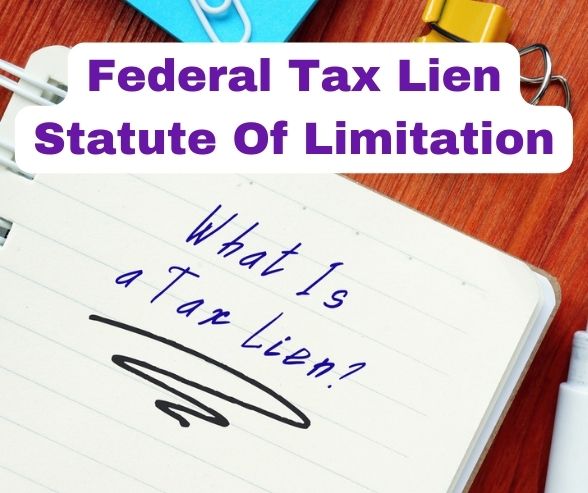Do State Tax Liens Expire
How Long Does A State Tax Lien Last
The IRS only has a 10-year statute of limitation to collect any federal tax after assessing the tax. That means that after 10 years, the IRS can no longer collect the tax because it will be wiped clean from its books. This is the same for a tax lien. But the IRS can file a lawsuit to collect the tax, and if it gets a favorable judgment the collection time might be extended.
Texas State Taxes Statute Of Limitations
 Texas state law requires state taxes such as sales, property, and unemployment tax to be assessed within four years after the tax is due and payable. After the four years have expired without assessment of these taxes, the Texas government cannot collect the tax. The State of Texas has to file a lawsuit within three years from the date the tax became due and payable, or from the date the tax lien was last recorded.
Texas state law requires state taxes such as sales, property, and unemployment tax to be assessed within four years after the tax is due and payable. After the four years have expired without assessment of these taxes, the Texas government cannot collect the tax. The State of Texas has to file a lawsuit within three years from the date the tax became due and payable, or from the date the tax lien was last recorded.
Failure to collect the tax within three years means the tax will become uncollectable and the tax lien will expire. To stop this, the state has to file a suit before the three years expire. But there are some exceptions to the three-year statute of limitations.
The three-year statute of limitations does not apply in the following situations:
- The taxpayer has never filed a tax return for the tax due
- The tax was imposed because of a fraudulent tax return or the taxpayer was engaged in tax fraud
- There is a gross error in the tax return. This error causes an increase of 25 percent or more in the tax due
If a suit is filed to determine the amount of tax due, the statute of limitations will be suspended. This can also happen if the taxpayer files for bankruptcy or when the tax pays the tax under protest.
Can Tax Liens Be Discharged Under Bankruptcy?
Filing Chapter 7 bankruptcy can help stop any collection efforts from your creditors and even from the IRS. That means that the IRS cannot file a tax lien after you file for bankruptcy. But any tax liens that were imposed before you filed for bankruptcy continue in effect.
That means you still have to pay that tax lien. The bankruptcy court appoints a trustee for your Chapter 7 case to administer and liquidate assets. The proceeds from asset liquidation are used to pay your creditors including the IRS.
However, in most Chapter 7 cases, there are no assets to sell. That means there is nothing the trustee can sell to pay the tax lien you owe. You only have two options in this situation:
- Sell your property and use the proceeds to pay the IRS
- Work out a payment plan with the IRS to have the tax lien released.
Talk To An experienced Lawyer
IRS Tax Lien Expiration
Your lawyer can review your case to help determine the debt relief options you have. You can also ask your lawyer questions about bankruptcy and Tax Resolution law issues. An experienced lawyer will know whether the statute of limitations applies in your case.